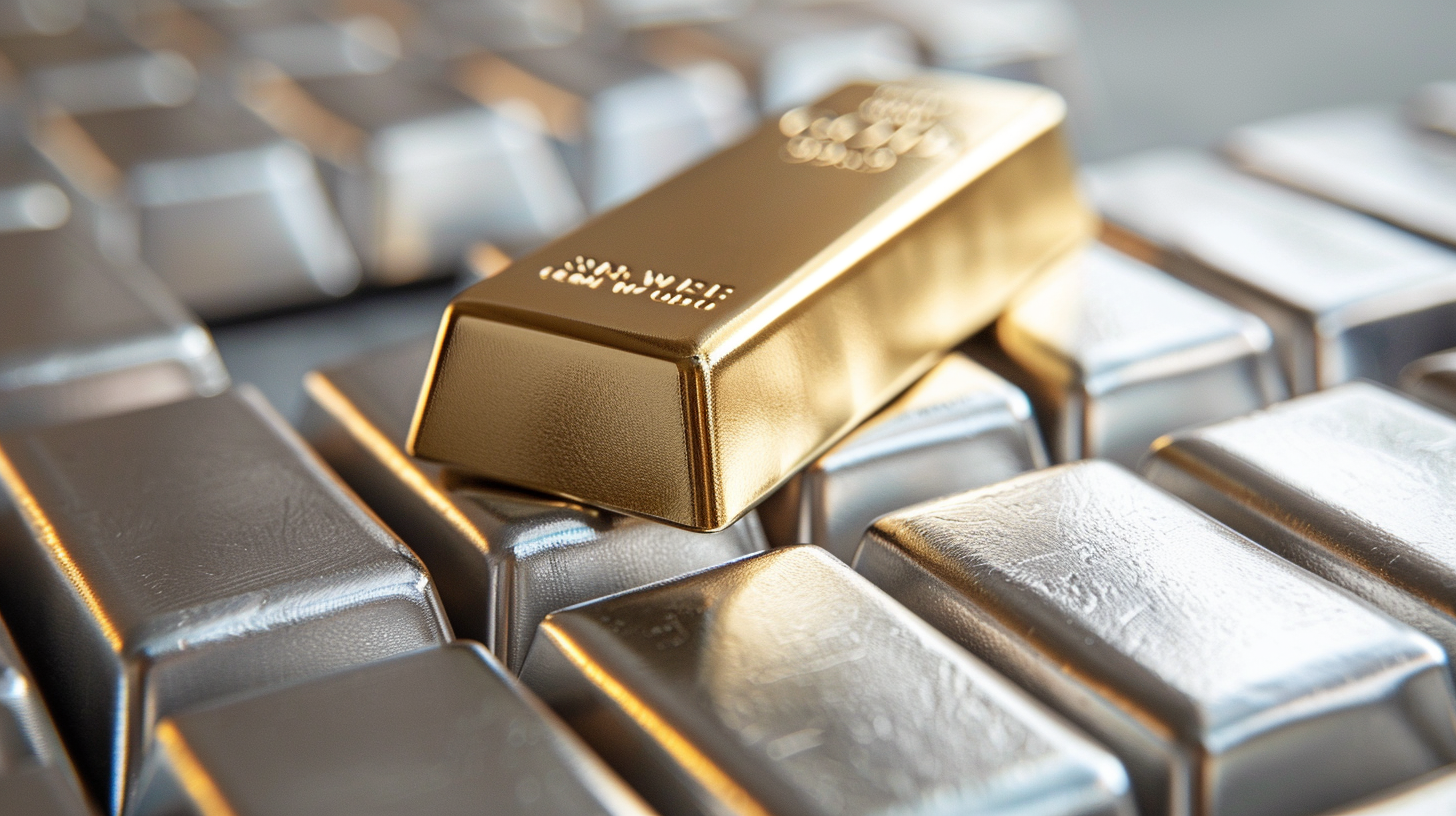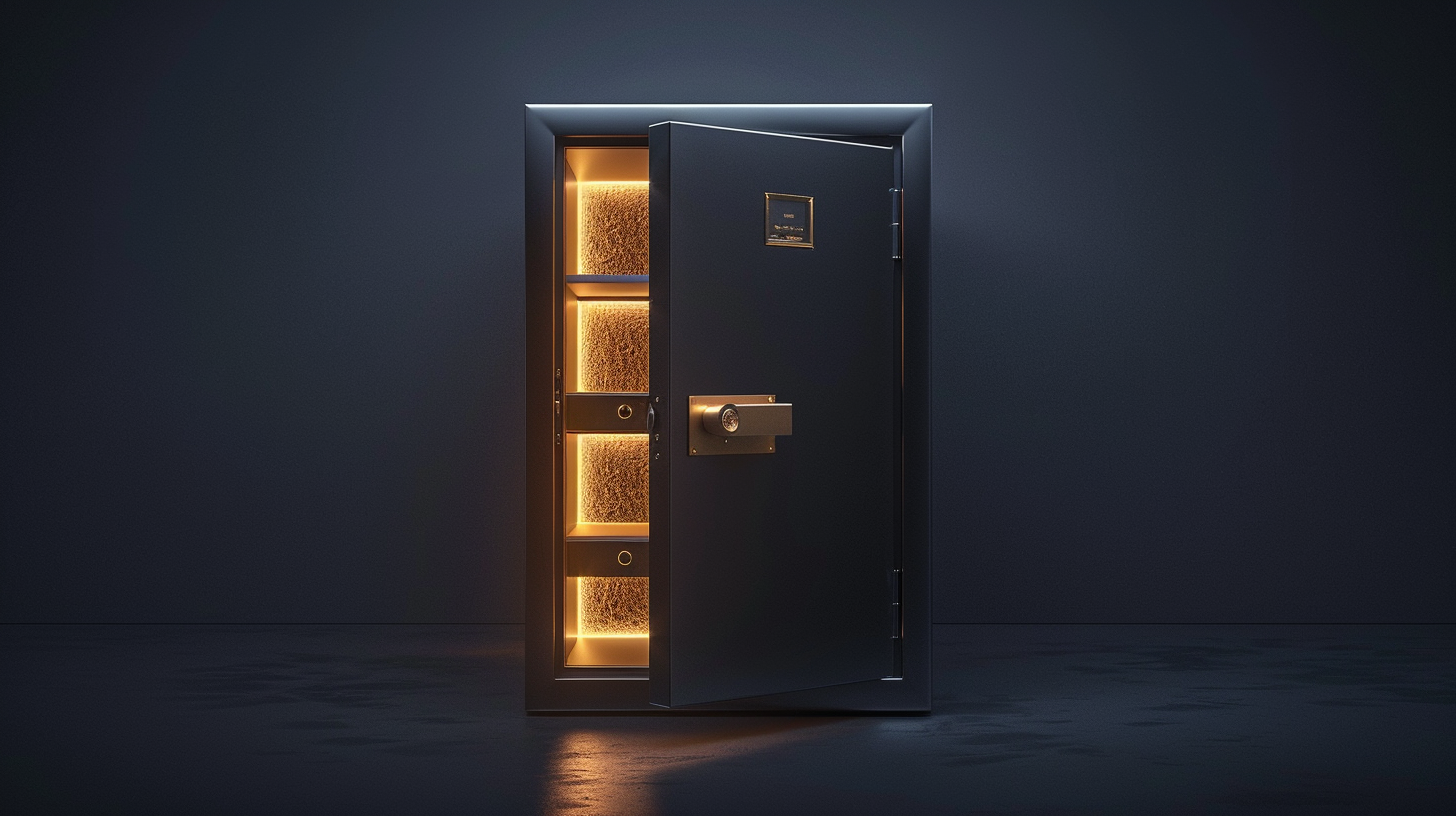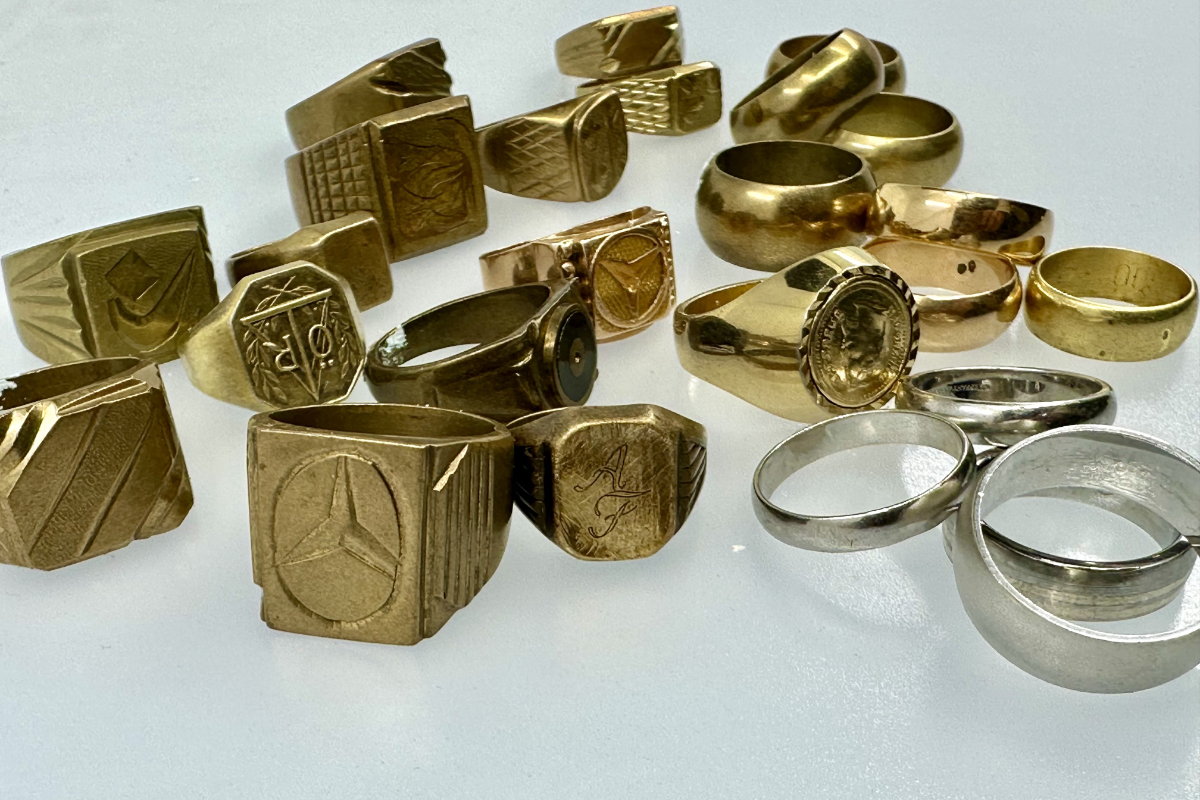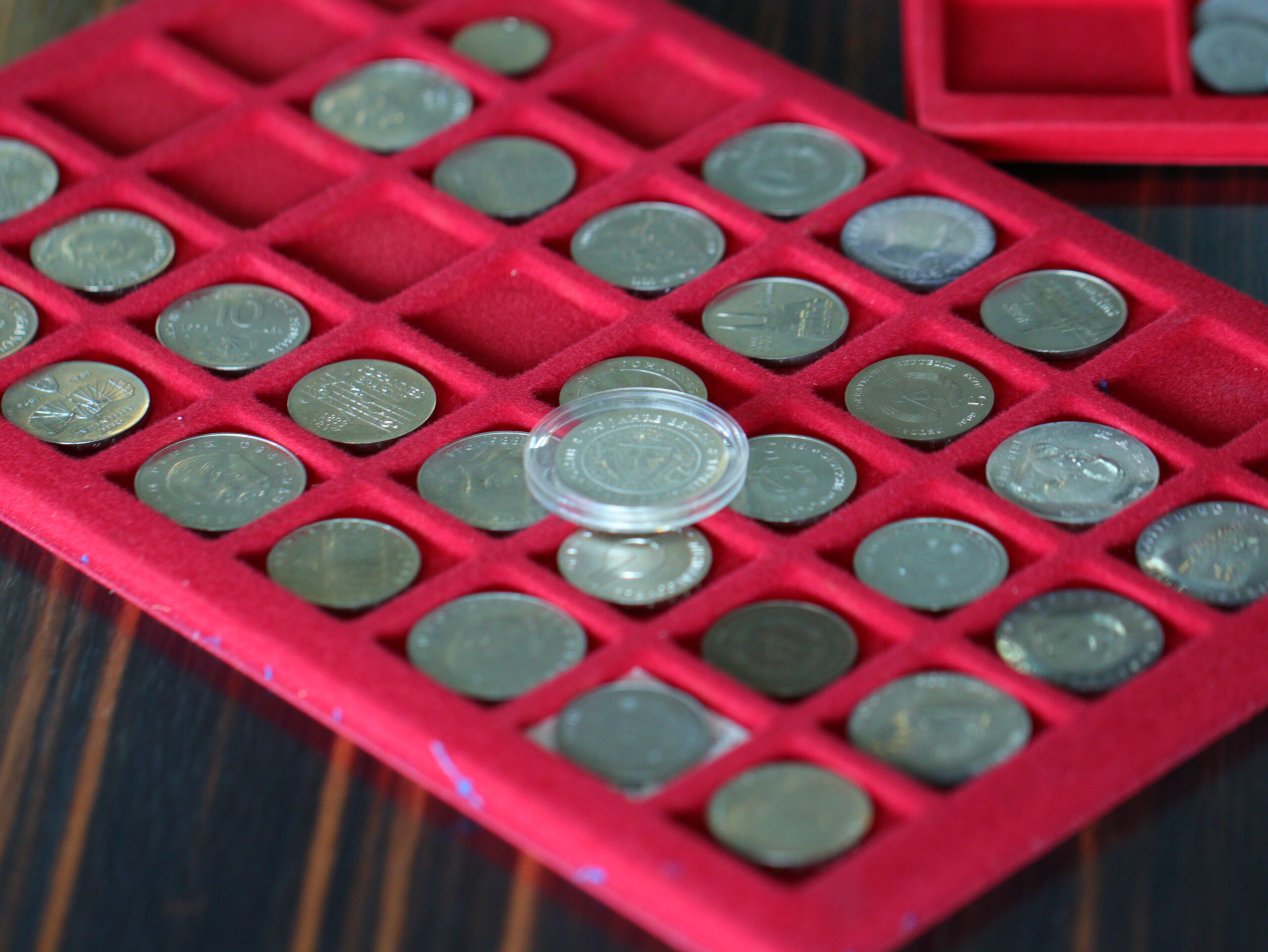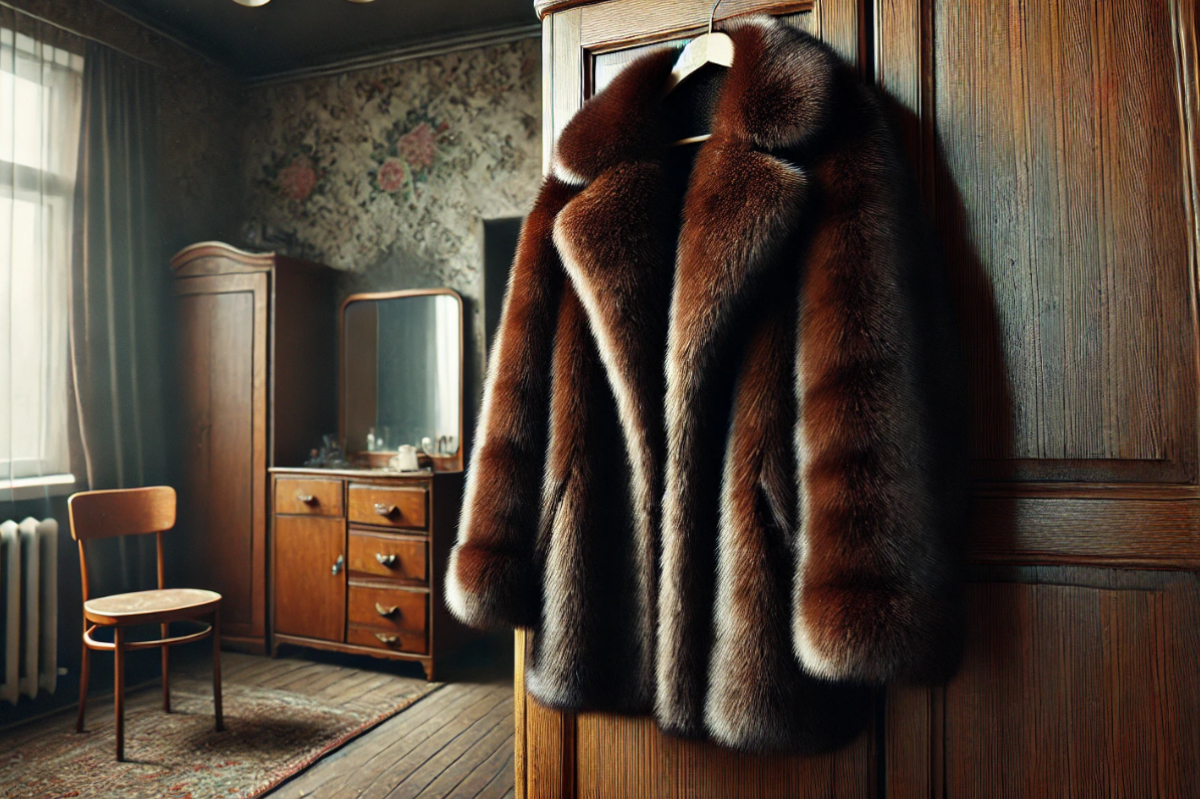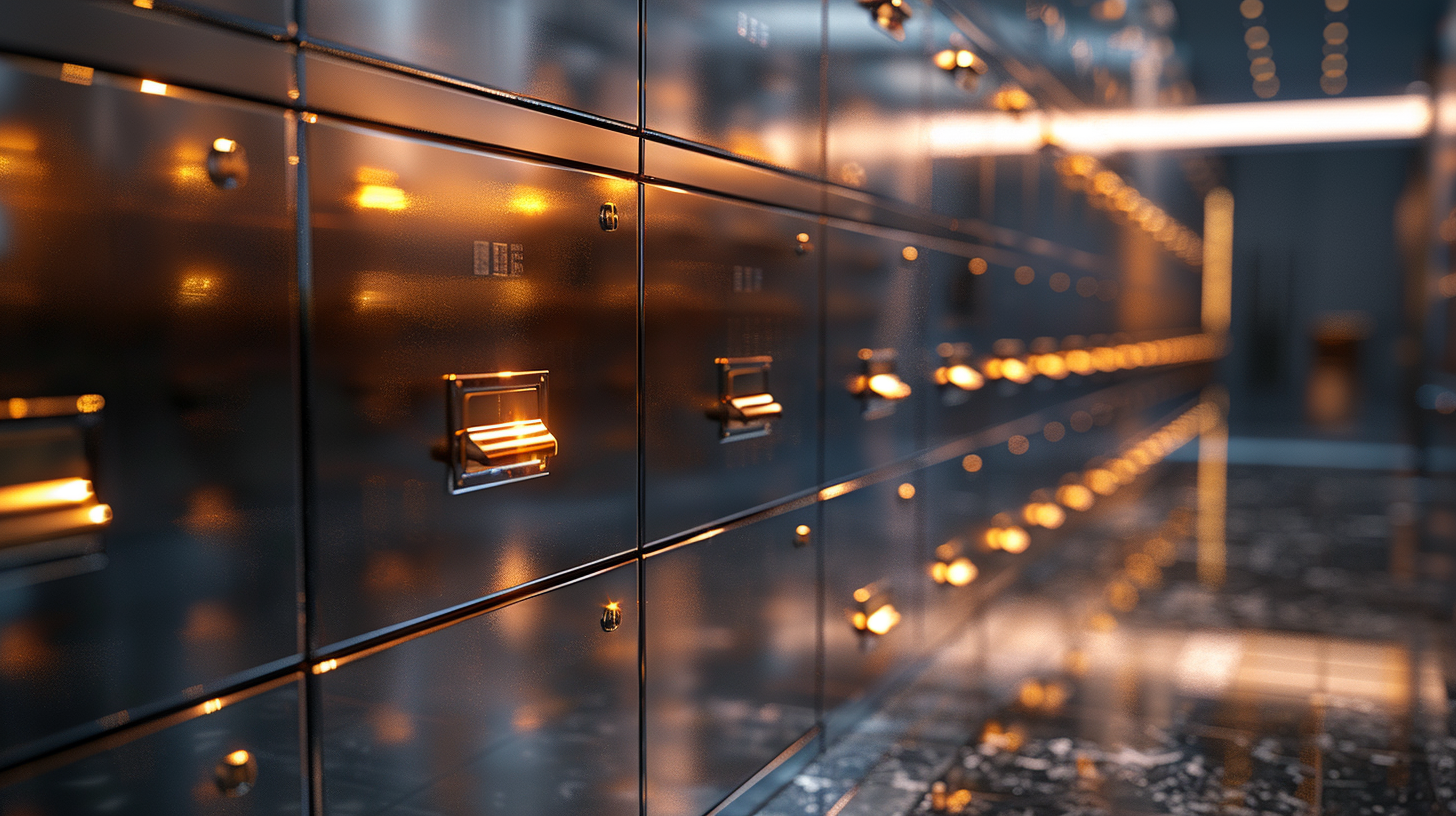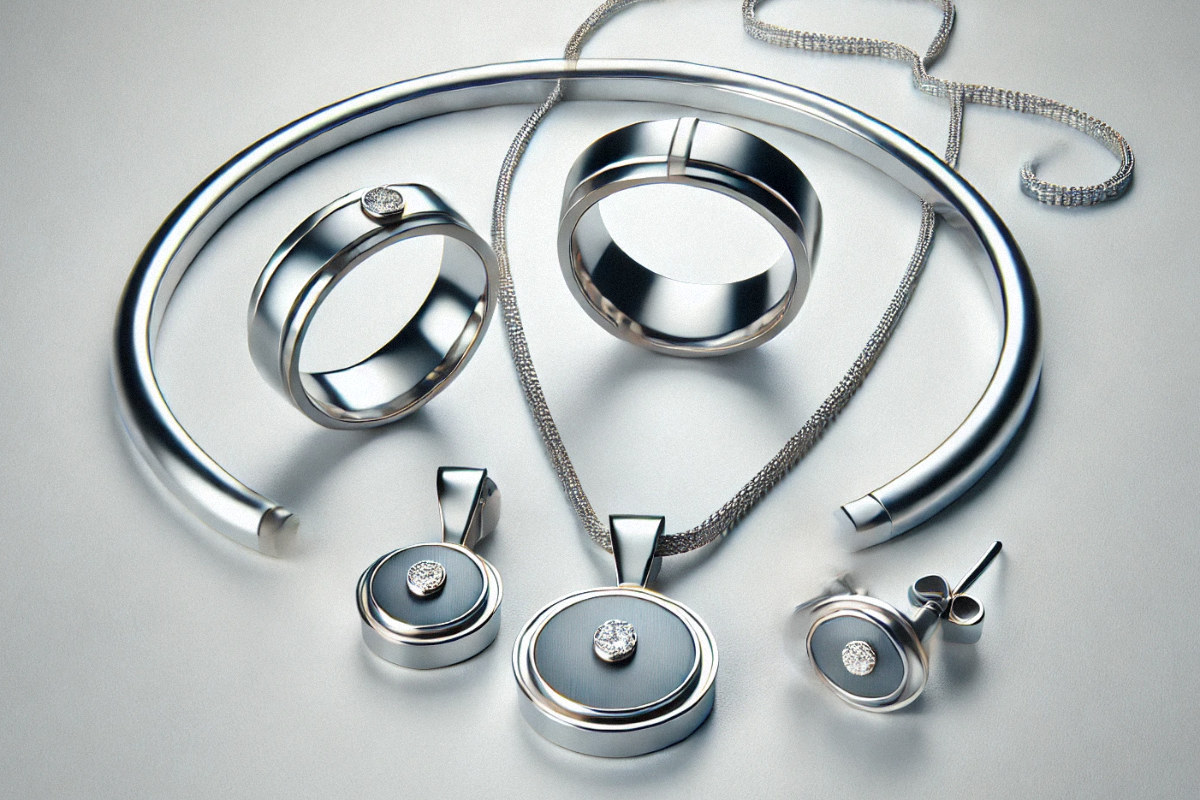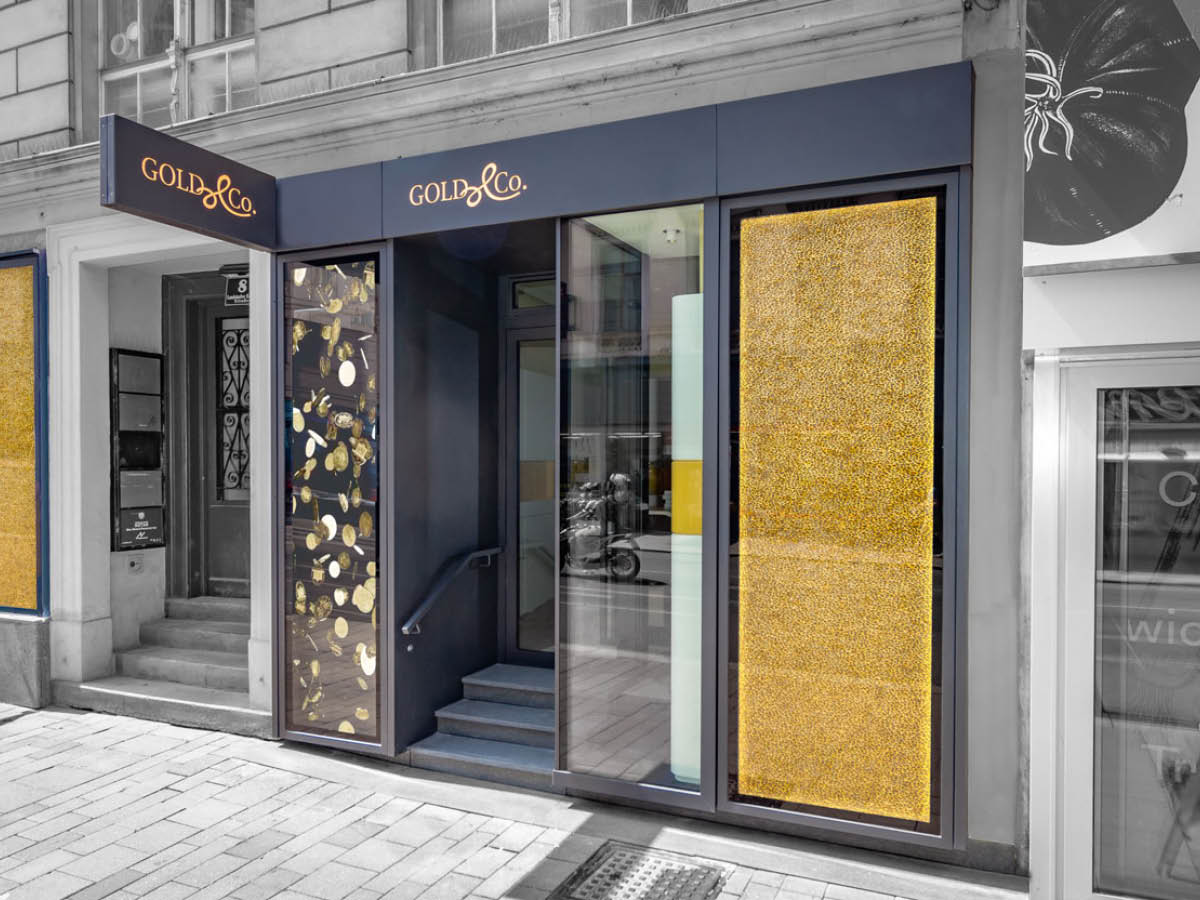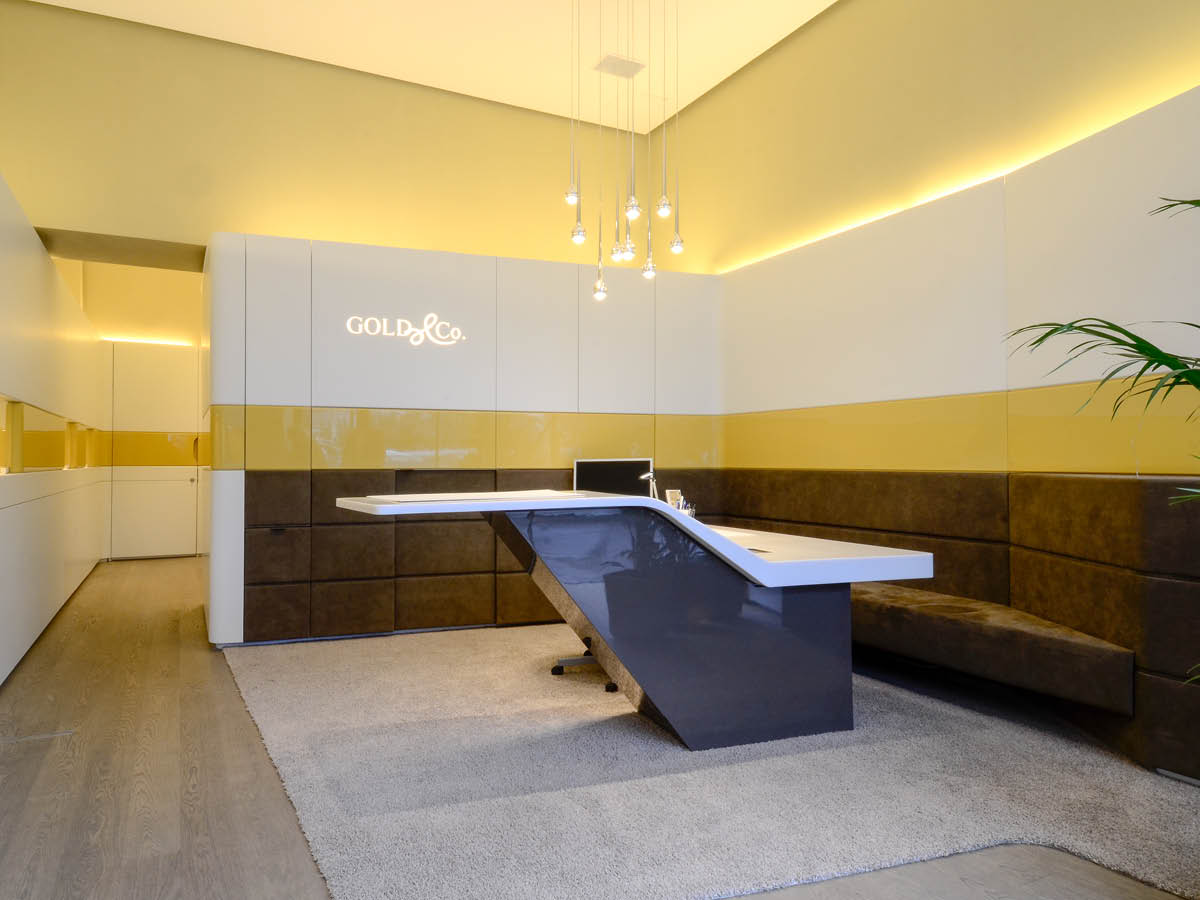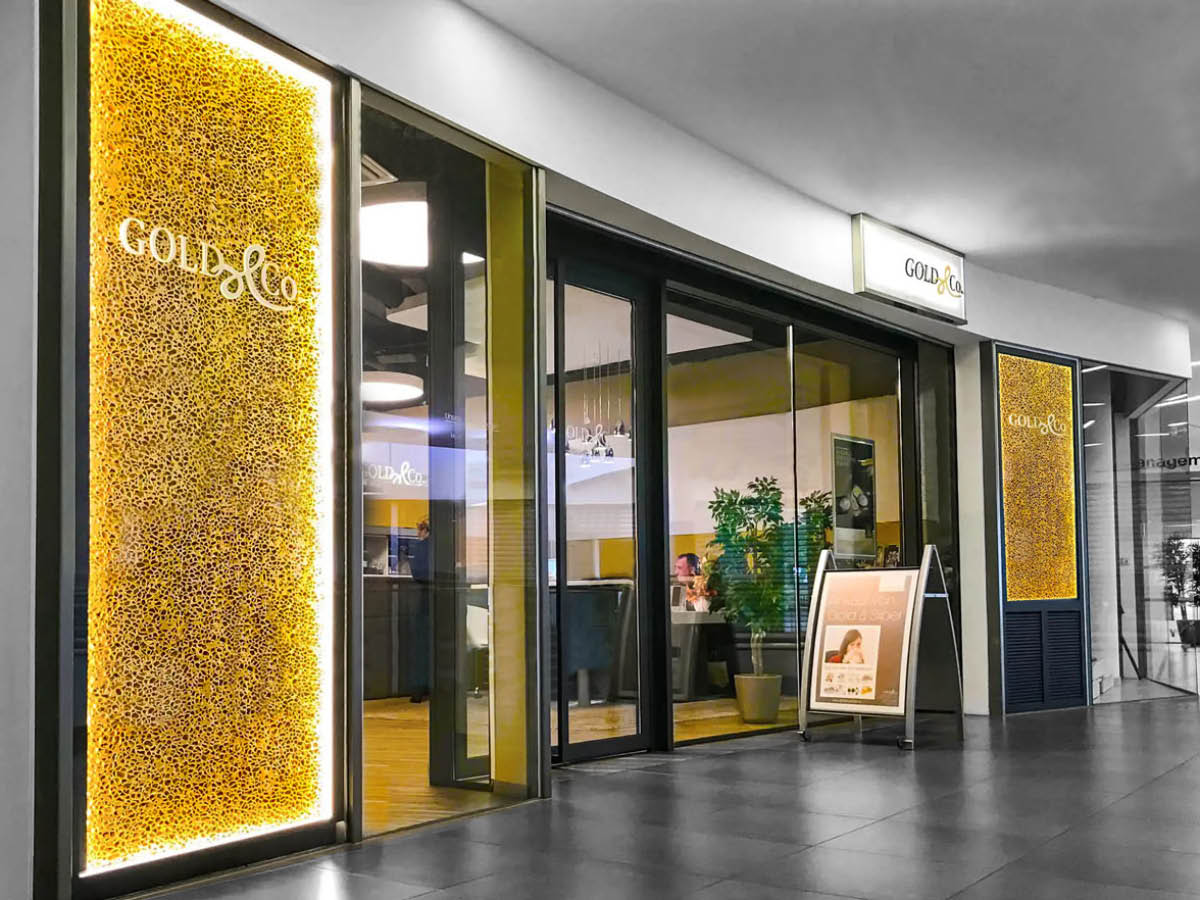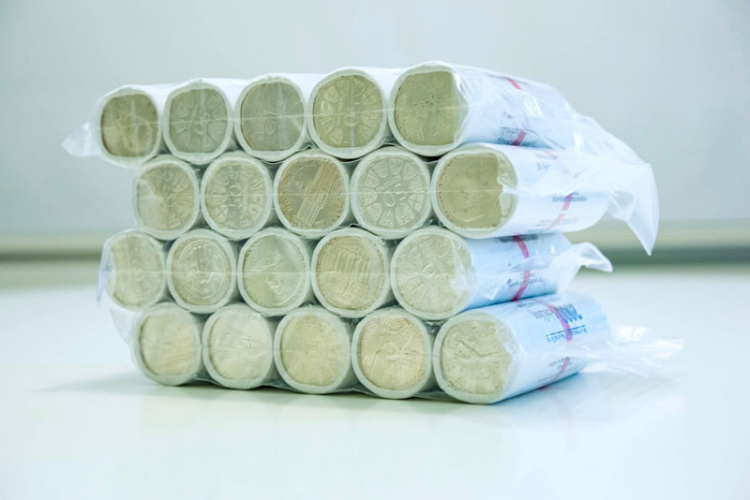
One term that interested precious metal buyers come across time and again is "differential taxation". But what is behind this concept? And does differential taxation bring advantages or even disadvantages for the buyer? While gold is exempt from VAT in Austria and the EU, silver can be subject to a special form of VAT.
Differential taxation: special feature of value added tax
Differential taxation is a special form of the generally known value added tax. To understand it, VAT must be understood as a consumption tax for the consumer - a consumption tax that all active companies collect for the state on their services and products and pay to the tax office once a month. The amount of the applicable tax rates, as well as which tax rate must be added to which product, is regulated in the Value Added Tax Act (UStG). In Austria, the standard VAT rate is 20% or a reduced rate of 10%. However, the UStG also regulates numerous special forms that arise from everyday business or simplify it. These include, for example, the reverse charge regulation between companies, where VAT is calculated but not paid, or differential taxation.
The basic idea behind differential taxation is to offer a tax-efficient solution for goods in secondary markets. VAT is not applied to the total price, but only to the difference between the purchase and sales price of the goods.
In practical terms, this means that certain (second-hand) goods (e.g. cars, works of art, jewelry, numismatic coins, etc.), for which VAT has already been paid once by a consumer, no longer have to be paid with VAT on the total amount when sold again by a retailer, but only on the retailer's margin. The legally important point here is that VAT has already been paid once.
Example of differential taxation of a silver coin.
A precious metal dealer buys an old silver coin from a consumer and pays him 100 euros for it. He then sells the same coin to another customer for 124 euros and adds this text or something similar to it on the invoice: "No VAT shown! Difference taxed according to §24 UStG".
This means that the purchase price of 124 euros only includes 4 euros VAT, instead of the normal VAT of 24 euros. As a result, this regulation makes the coin 20 euros cheaper. If the coin were taxed normally, the retailer would have to charge 144 euros for the silver coin in order to achieve the same profit margin (20 euros). The sales tax would then be 24 euros.
>> This makes silver taxed by difference the cheapest way for investors to obtain silver (or palladium or platinum).
Tax differences between silver coins & bars
At Gold & Co, you can buy silver in various forms, including silver bullion coins and silver bars as well as collector coins. While the standard tax rate of 20% always applies to the sale of silver bars, silver coins and coin bars, which are considered legal tender, can often be sold subject to differential taxation.
In particular, silver coins that are imported from a country outside the European Union and then resold in Germany can be offered by these dealers with differential taxation.
The VAT of 20% is then not applied to the full net sales price when resold by a dealer, but is only payable to the tax office on the difference between the purchase price and the gross sales price.
Some retailers also offer new goods of the same year from European production with differential taxation, but this is not entirely unobjectionable from a legal point of view due to the obvious tax avoidance.
Gold & Co savings tip
Dealers usually offer silver coins from non-EU countries, such as the Chinese Panda or the silver Maple Leaf. However, these coins are bought back at a greater discount when they are later resold and are usually not very well known on the domestic market. On the other hand, the well-known silver shillings in denominations of ATS 5, 10, 25, 50 and 100 are very well accepted and can be purchased from us at a differential tax rate of up to 30% cheaper than the same quantity of bullion coins. Look out for our special offers!
Advantages for silver investors
For the investor, differential taxation therefore brings the advantage of a significantly lower price when purchasing silver. Due to the relatively low margins in precious metals trading, the tax burden resulting from differential taxation is comparatively low. The price advantage when buying differential taxed silver compared to investment coins or silver bars is therefore around 10-15% on average.
ATTENTION: However, silver bars are not subject to differential taxation and must be taxed in full! An exception is the special investment form "coin bars", which also exploits a tax loophole, as it was customary in Germany until a few years ago to charge 11% VAT on coins and 19% VAT on bars, but this has since been "harmonized" to 19% for both products. However, these can still be purchased with differential taxation.
Because coin bars are made of silver and are recognized as legal tender in the countries of origin through a corresponding stamp, and not as conventional silver bars, they are particularly attractive. This is because, compared to elaborately minted silver coins, the production costs for bars per gram are significantly lower, resulting in a further significant price advantage.

